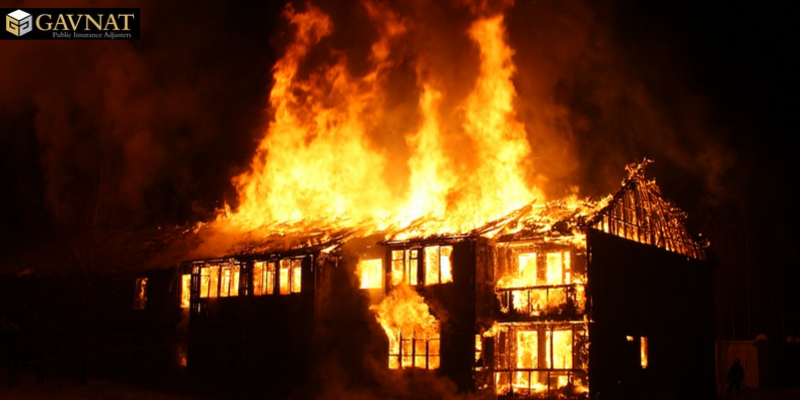
A fire has the ability to destroy anything and everything it comes in contact with… But as deadly as the fire gets with flames spreading easily, scaling walls and roofs, don’t forget the aftermath of fire: smoke damage. Smoke is as destructive as it gets, damaging all machinery, electronics, rugs and mattresses, wall-to-wall carpeting and flooring, leaving in its wake just remains of black soot and ash. It does not stop at that; it affects your health, too.
Your insurance firm may not honor your insurance claim for damages caused by smoke unless explicitly stated in the policy, but one thing’s for sure: fire and smoke go hand-in-hand, both causing damages. After a fire occurs, you will have to document your case as you go and submit the documents well within the time frame given in order to hopefully get compensation.
Victims of fires tend to be in a daze afterward– it was a sudden, shocking event. They’re generally not thinking about smoke damage. Instead, they’re sad, crying because they lost their house and possessions. They’re not in the best frame of mind to figure out the details of the fire and its associated damages.
How does the average person look for smoke damage? They need to run their hands on the furniture and if they get a thin oily film on their fingers, they’ve got smoke damage. When making an insurance claim, oftentimes the average person makes mistakes or omissions. In their rush to fill out a claim, they often:
- Fail to accurately pinpoint the damage(s) to their personal belongings, including tangible assets.
- Come to hasty conclusions regarding their personal assets without including “loss by smoke” in their insurance claims.
- Fail to get a second opinion from the public adjuster for presenting their claim.
Before throwing things away, keep in mind that loss due to smoke damage is a real thing– and often overlooked by many people. That said, it’s important to document everything and keep track of items, like TVs and other electronics, especially, which no longer function due to smoke damage, etc. Every loss (and potential loss) should be listed in a claim– including things like HVAC equipment, computers and appliances.